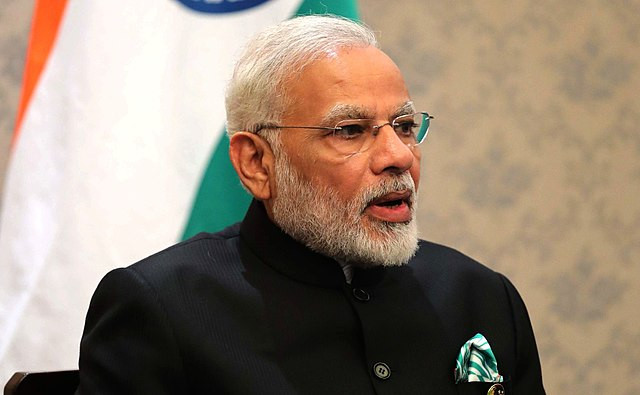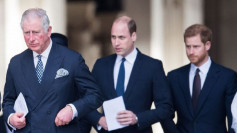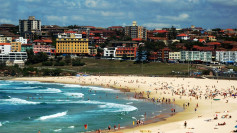Prime Minister Narendra Modi and the Union Cabinet submitted their resignations to President Droupadi Murmu on Wednesday, following the recent Lok Sabha election results. This move paves the way for Modi's anticipated swearing-in ceremony for a third consecutive term on June 8, marking a significant moment in India's political landscape.
Election Aftermath and Government Formation
The Lok Sabha elections concluded with the Bharatiya Janata Party (BJP) securing 240 seats, falling short of the majority mark of 272 seats required to form a government independently. However, the National Democratic Alliance (NDA), led by the BJP and including allies such as the Telugu Desam Party (TDP) and Janata Dal (United) (JD(U)), amassed a total of 292 seats, providing a clear path to government formation.
The Election Commission has completed the vote tallying process and issued certificates to each winning candidate. These certificates, known as Form 22, are dispatched to the Secretary General of the Lok Sabha. Following this, the Election Commission presented the complete list of elected Members of Parliament (MPs) to President Murmu, initiating the formation of the new Lok Sabha.
Modi's Resignation and the Path Forward
In adherence to protocol, Prime Minister Modi, along with his Cabinet, submitted their resignations, which President Murmu accepted. The President requested Modi and his ministers to continue in office until the new government is formed. This step is crucial in the transition process, ensuring continuity and stability in governance.
Sources indicate that Modi is set to take the oath of office for a third term on June 8, making him the first leader since Jawaharlal Nehru to achieve three consecutive terms. This milestone reflects his significant influence and the strong mandate given by the Indian electorate.
Cabinet Meeting and Dissolution of the 17th Lok Sabha
On Wednesday morning, the Union Cabinet convened at the Prime Minister's residence. This meeting, held a day after the election results were declared, marked the final gathering of Modi's second-term cabinet. The Cabinet recommended the dissolution of the 17th Lok Sabha, a procedural step that facilitates the formation of the 18th Lok Sabha. The term of the current Lok Sabha is set to end on June 16.
Future Steps and Political Implications
With the BJP and its allies poised to form the next government, the focus now shifts to the formalities of swearing in the new Cabinet. The Rashtrapati Bhavan has indicated that the ceremony will likely take place on June 8. The upcoming government will face the challenge of addressing the diverse and pressing issues of the nation, leveraging the mandate given by the electorate.
The NDA's victory, while not an absolute majority for the BJP alone, signifies a robust coalition capable of steering the country's legislative agenda. The principal opposition party, Congress, secured 99 seats, with the INDIA bloc together winning 233 seats, setting the stage for a dynamic parliamentary session.
Political and Economic Ramifications
The continuity of the Modi administration is expected to have significant implications for India's political and economic landscape. Modi's tenure has been marked by various reforms and initiatives aimed at boosting economic growth and development. The forthcoming term will likely see a continuation of these policies, alongside new measures to address emerging challenges.
The election results and subsequent government formation underscore the importance of coalition politics in India. The ability of the BJP to secure alliances and garner support from regional parties has been pivotal in maintaining its dominance in the Lok Sabha.
As India prepares for the swearing-in of its new government, the focus remains on how the Modi administration will navigate the complexities of governance, economic reform, and international relations. The new government's approach to these issues will shape the country's trajectory in the coming years, impacting not only domestic policies but also India's role on the global stage.






